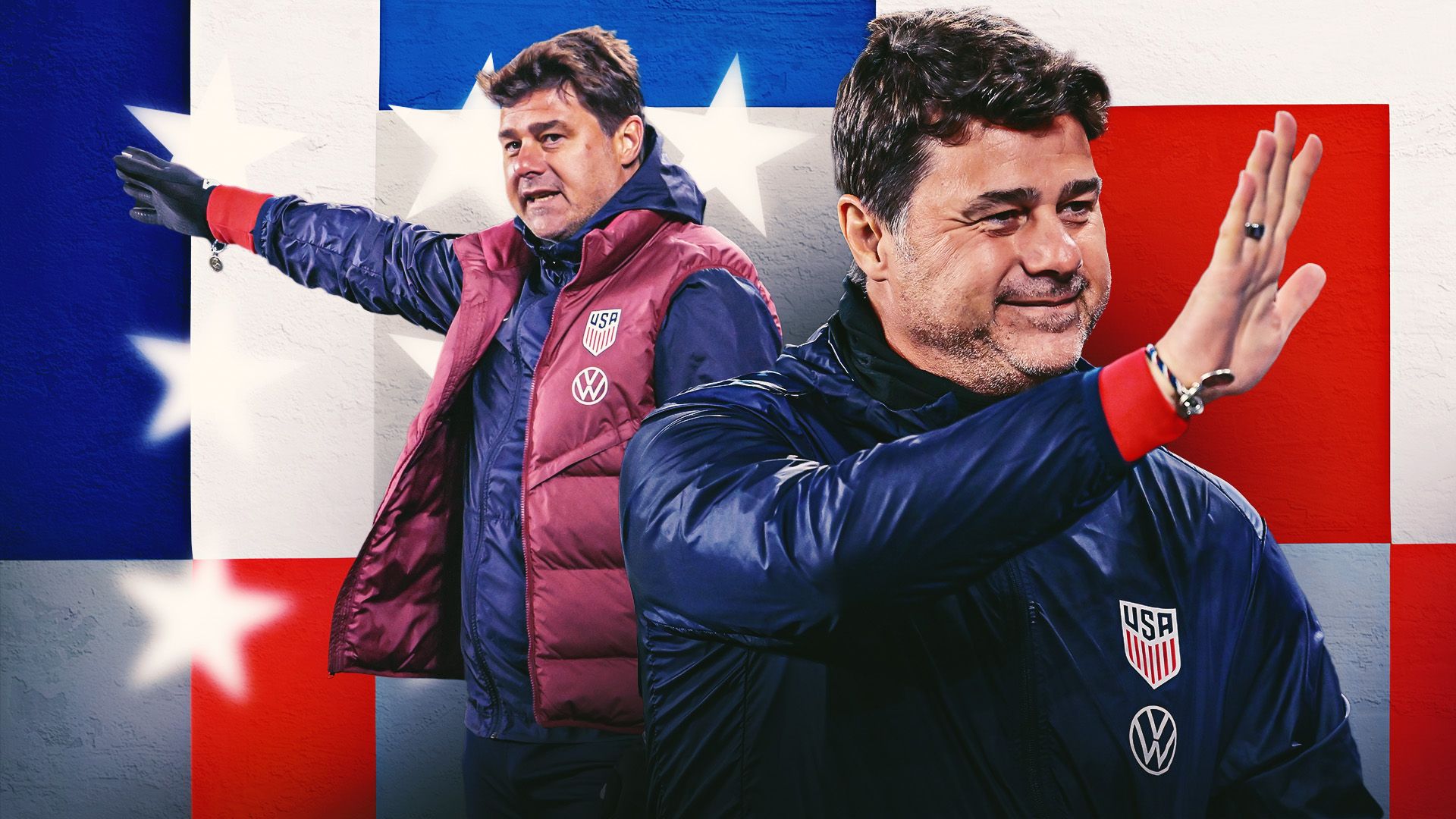USMNT Gold Cup Run Shows Pochettino’s Painful Progress
USMNT Gold Cup elimination against Mexico stung, yet it may prove the pivotal moment Mauricio Pochettino needed to accelerate the program’s march toward the 2026 World Cup. Over three intense weeks the new boss learned which ideas resonate, which players can execute under pressure, and how far his group must still climb if it intends to thrill home crowds on the sport’s grandest stage.
USMNT Gold Cup Takeaways Define the New Era
The USMNT Gold Cup journey began with lofty public goals and a privately acknowledged reality: this was a live-fire laboratory. Pochettino knew he inherited a team caught between generations and identities. Rather than paper over cracks, he stress-tested every joint. Five fundamental lessons emerged.
1. Culture Is the Non-Negotiable Starting Point
Pochettino’s first decree inside camp was simple: the crest matters more than the nameplate. Veterans noticed stricter punctuality rules, rookies saw that video sessions demanded handwritten notes, and everyone endured early-morning fitness runs reminiscent of his days at Tottenham. The payoff surfaced when the side rescued late points against Canada and Jamaica, celebrating tackles as wildly as goals. That collective grit, absent in recent friendlies, suggests the locker-room reset is working.
2. Tactical Ambition Requires Flexibility
The Argentine arrived preaching proactive, high-press football. Group-stage dominance backed the script, but Mexico’s clever midfield box in the final exposed flaws. Pochettino reacted too late, only switching to a 4-2-3-1 after El Tri led 2-0. He admitted post-match that alternate shapes must be trained earlier. Expect autumn friendlies to feature rehearsed mid-game formation flips.
3. Trust Must Be Earned, Not Gifted
Several household names assumed they were automatic starters, yet Pochettino benched a marquee winger for poor ball security and yanked a Premier League defender after 30 shaky minutes versus Costa Rica. In contrast, MLS breakout Kevin Paredes seized his chance, scoring twice and pressing ferociously. Meritocracy, the coach insisted, will drive the roster all the way to 2026.
4. Quality in the Final Third Remains the Key Gap
The US created 13.2 expected goals across six matches but finished only seven. Strikers too often hesitated, while wide men lacked the killer pass. Pochettino’s staff is courting dual-national forwards and considering a false-nine experiment with Gio Reyna. Without sharper edge, possession numbers will mean little against elite World Cup defenses.
5. Set-Piece Mastery Can Be a Shortcut to Success
Nine of the last 15 Gold Cup champions scored from corners or free kicks in the final. The Americans, historically dangerous on dead balls, registered zero such goals. Assistant coach Miguel d’Agostino is now tasked with dedicating an entire training block to rehearsed routines. With towering center-backs and a reliable dead-ball striker in Reyna, the upside is obvious.
How the Lessons Shape the Road to 2026
If the USMNT Gold Cup campaign felt like a crash course, the next two years will resemble an advanced seminar. September friendlies against Germany and Colombia should reveal early adjustments. Pochettino wants a deeper midfield pivot, an attacking full-back rotation, and a clearer pecking order among his three goalkeepers. Crucially, the United States Soccer Federation plans to mimic World Cup group-stage cadence by scheduling back-to-back matches in different time zones, preparing players’ bodies for quick turnarounds.
Squad Depth Is Slowly Emerging
Fans fretted when established stars skipped the tournament for club integration, but their absence allowed 11 debutants to log meaningful minutes. Center-back Jalen Neal displayed composure well beyond his years, while teenage playmaker Benjamin Cremaschi became a crowd favorite with fearless dribbling. Each cameo lessens future reliance on a single injury-prone core.
Leadership Council Forms the Backbone
Christian Pulisic, Tyler Adams, and Weston McKennie formed a three-man leadership council, meeting weekly with Pochettino to discuss team morale. Insiders credit that forum for smoothing tensions after a training-ground altercation the night before the semifinal. Transparency, the coach believes, beats avoidance.
Opinion: Short-Term Pain, Long-Term Gain
The USMNT Gold Cup defeat will undoubtedly fuel social-media angst, yet perspective is essential. No coach, however pedigreed, can transform a national side overnight. Pochettino’s willingness to expose flaws publicly and absorb criticism privately is refreshing. By inviting discomfort now, he may spare supporters a bigger heartbreak in 2026. The next window will show whether lessons convert into lasting habits, but the early evidence suggests the project is moving in the right direction.
Your global gateway to nonstop football coverage:
Goal Sports News
Share this content:
